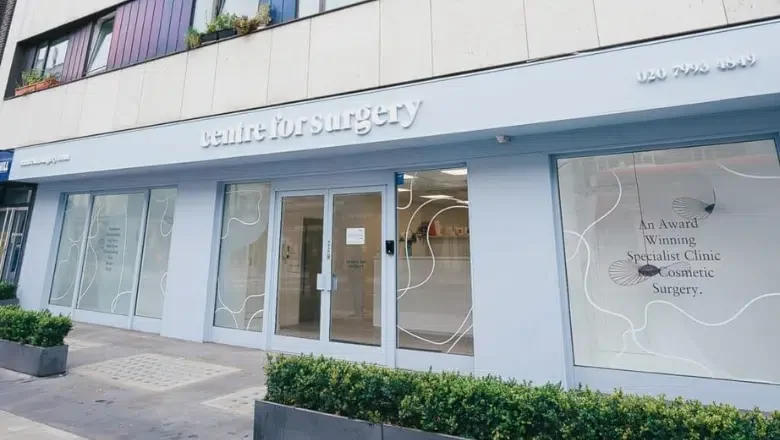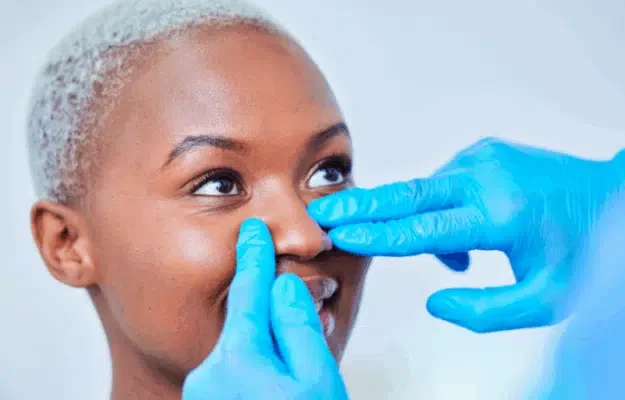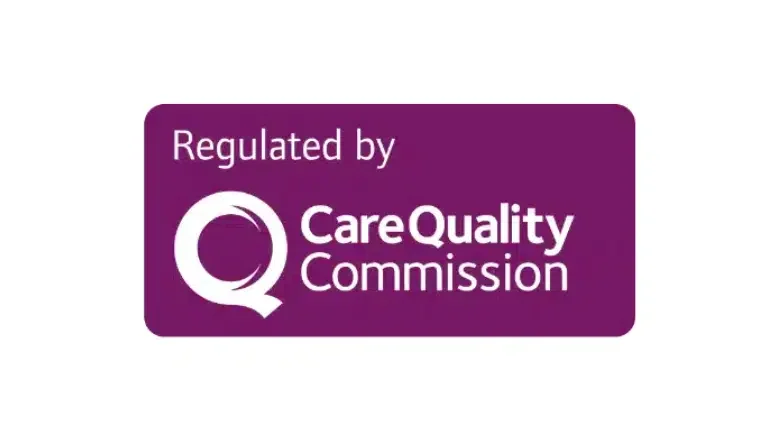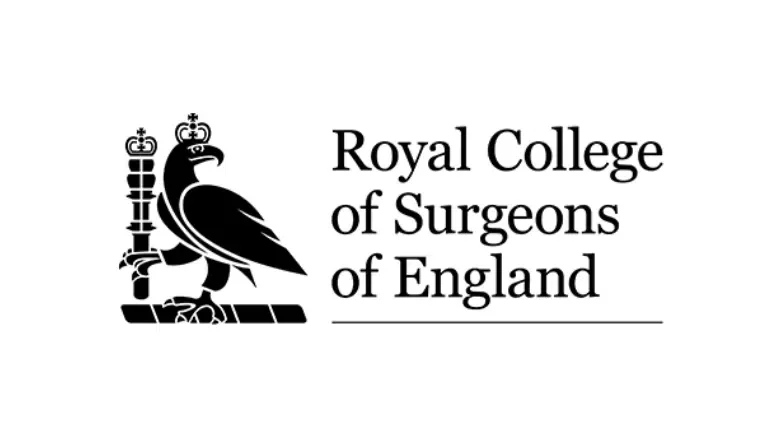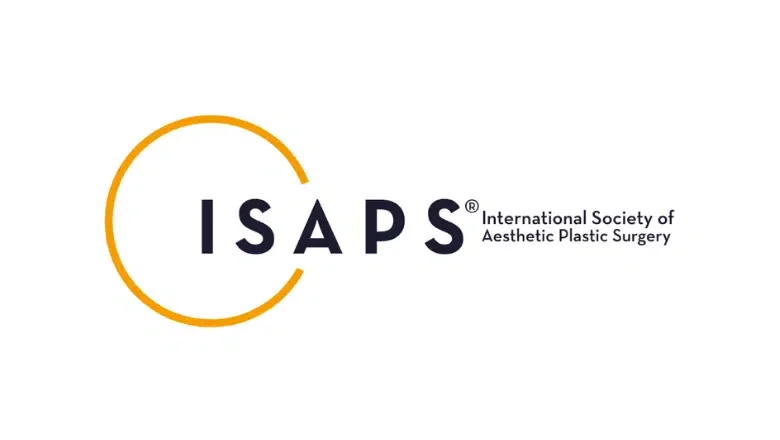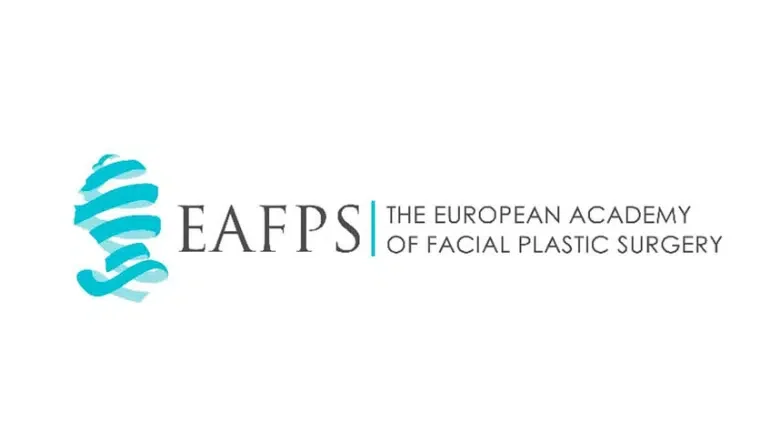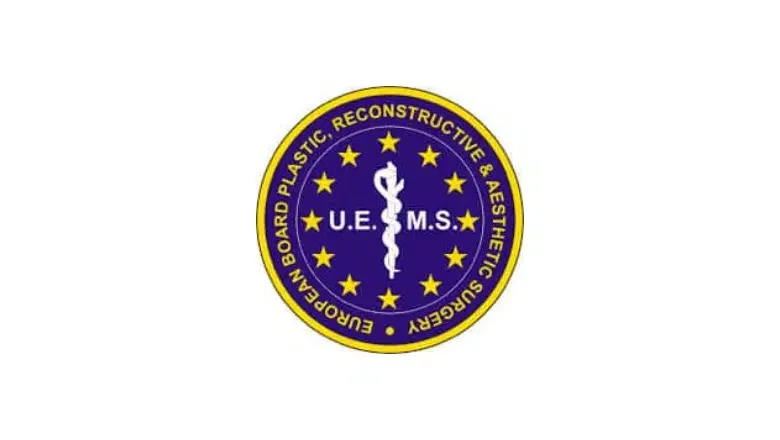For many people, getting a nose job—also known as rhinoplasty—is about improving the look of their nose. Some want a bump removed, others want to straighten things out or refine the tip. But whether it’s for cosmetic reasons or to fix a breathing issue, one common question often comes up: can rhinoplasty affect your sense of smell or taste?
It’s a fair question. After all, your nose does more than just sit in the middle of your face—it plays a big role in how you breathe and how you experience the world around you. Your sense of smell is linked directly to your nose, and your ability to taste is closely tied to your ability to smell. So, any surgery involving the nose understandably raises concerns about these senses.
Let’s break down what really happens during rhinoplasty, how it might affect your sense of smell or taste, and what you can expect during recovery.
What Happens During a Nose Job?
Rhinoplasty can be performed for different reasons. Some people are after cosmetic improvements, like reshaping the nose to better suit their face. Others might have medical reasons, such as a deviated septum that’s making it hard to breathe. Some need both corrected at once—this is often called functional rhinoplasty.
RELATED: Cosmetic vs Functional Rhinoplasty
During surgery, the surgeon may reshape the bones, cartilage, and sometimes the internal structures of the nose. Depending on the complexity of the case, this can involve work on the nasal septum, turbinates, or internal valves. All of these structures sit close to the olfactory system—the part responsible for your sense of smell.
RELATED: Nose Surgery FAQs – Q&A about Rhinoplasty
So, Can Rhinoplasty Change My Sense of Smell?
The short answer is yes, but usually only temporarily.
It’s not uncommon for people to notice a reduced sense of smell after rhinoplasty. This is usually due to swelling inside the nose, not because anything was damaged. After surgery, the nasal tissues become inflamed, and swelling can block airflow to the olfactory receptors located high inside the nasal cavity. When air can’t reach those receptors properly, your ability to smell is reduced.
But this doesn’t mean the nerves or the receptors themselves are damaged—it just means they’re being temporarily obstructed. As the swelling goes down in the weeks following surgery, most people find their sense of smell gradually returns to normal. For many, it starts to improve within a few weeks, although it can take a few months for everything to fully settle.
What About My Sense of Taste?
Your sense of taste is closely tied to your sense of smell. That’s why, when you have a cold or blocked nose, food doesn’t taste the same. So, if your smell is affected after rhinoplasty, your taste may feel dulled too. But again, this tends to be a short-term effect.
Taste buds are located on the tongue and aren’t directly affected by nasal surgery. However, because smell plays a key role in how we perceive flavour, a temporarily reduced sense of smell can make food seem less flavourful.
Once your sense of smell returns, your full experience of taste usually comes back too.
How Long Will My Smell or Taste Be Affected?
Most people experience some degree of nasal congestion or blockage for a few weeks after surgery. It’s part of the body’s natural healing process. You may feel like you have a mild cold—your nose might be stuffy, and breathing through it could be difficult at first.
During this time, it’s totally normal to notice changes in smell and taste. Typically, within three to six weeks, much of the swelling subsides and airflow begins to improve. For most patients, their sense of smell returns by this point, and with it, their sense of taste.
In rare cases, it can take longer. Some people may experience subtle changes for several months. Permanent changes are extremely uncommon, especially when the surgery is done by a skilled, experienced surgeon.
What Are the Risks of Permanent Loss of Smell?
Permanent loss of smell after rhinoplasty is very rare. But it can happen in extremely rare cases, especially if the olfactory nerves are damaged during surgery. That’s why it’s so important to choose a qualified surgeon who understands the delicate anatomy of the nose and uses precise surgical techniques.
At Centre for Surgery, our surgeons specialise in both cosmetic and functional rhinoplasty. We prioritise preserving your nasal function while helping you achieve the appearance you want. Every case is different, and our approach is always tailored to the individual.
How Can I Help My Recovery?
There are a few things you can do to support your recovery and give your senses the best chance of bouncing back quickly:
First, follow your surgeon’s aftercare instructions closely. This includes keeping your head elevated when you rest, avoiding strenuous activity, and not blowing your nose for a set period. These guidelines help reduce swelling and protect the healing tissues.
Using a saline nasal spray, as recommended by your surgeon, can also help keep the inside of your nose clean and moist. This can make breathing easier and may help improve your sense of smell more quickly.
RELATED: Recovery After Rhinoplasty -Top Tips
Patience is key. It’s completely normal to feel frustrated in the early weeks when your nose is swollen and things feel blocked. But with time, the swelling goes down and your senses usually return to how they were before—or in some cases, improve, especially if your nasal breathing has been enhanced.
Will Functional Rhinoplasty Improve My Smell?
For people who’ve had chronic nasal blockage or structural issues that made it hard to breathe before surgery, rhinoplasty may actually improve their sense of smell. If the airflow to the olfactory area is restored, the receptors can work more effectively, and some patients report stronger or clearer smells after healing.
RELATED: The Perfect Rhinoplasty: Balancing Aesthetics and Functionality
This is especially true for patients who’ve had septoplasty or turbinate reduction as part of their rhinoplasty. These procedures open up the airways, which can have a positive effect not only on breathing but on smell too.
How Common Are Smell or Taste Changes After Rhinoplasty?
Temporary smell changes are fairly common. Most people notice some difference in the first few weeks post-op. However, for the majority, these changes resolve as the healing process continues.
Lasting changes—whether to smell or taste—are extremely rare. In our experience at Centre for Surgery, patients are overwhelmingly satisfied with their outcomes and do not report long-term sensory issues.
The key is in careful planning, precise execution, and good follow-up care. That’s what ensures the best outcome and protects the senses as much as possible.
When Should I Worry?
If you’re still experiencing significant changes to your sense of smell or taste three months after your operation, it’s worth checking in with your surgeon. Sometimes, lingering swelling, scar tissue, or other factors may be contributing, and there may be simple solutions to help move things along.
In very rare cases, additional assessment, including imaging or smell testing, may be needed to better understand what’s going on. But this is the exception, not the rule.
At Centre for Surgery, we closely follow up with our rhinoplasty patients to monitor healing and address any concerns early on.
Is a Rhinoplasty Worth It?
Rhinoplasty is a highly personal decision and one that can bring about both physical and emotional changes. If you’re considering the procedure, it’s natural to have concerns about the potential impact on your senses.
The good news is that while temporary changes to smell and taste are common, they’re usually short-lived. Permanent changes are very rare, particularly in the hands of a skilled surgeon. And in some cases, especially for those with pre-existing nasal obstruction, the surgery can actually lead to improvements.
As with any procedure, knowing what to expect and having realistic goals are key. Talk openly with your surgeon, ask questions, and make sure you understand the recovery timeline.
About Centre for Surgery – Baker Street Hospital, London
Centre for Surgery is a specialist cosmetic and plastic surgery clinic located on Baker Street in the heart of London. Our purpose-built hospital was designed from the ground up with patient care, safety, and comfort in mind. We offer a wide range of procedures, including advanced rhinoplasty, carried out by some of the UK’s most experienced surgeons.
We believe in doing things properly. That means no shortcuts, no one-size-fits-all approaches, and no rush jobs. Every patient we see is treated as an individual, with a bespoke surgical plan tailored to their goals and anatomy. From your first consultation to your final follow-up, we’re with you the whole way.
Our team includes leading experts in facial and functional surgery, so whether you’re seeking cosmetic refinement or need help with breathing issues, you can feel confident knowing you’re in safe hands. We operate with full CQC registration and uphold the highest standards in medical care, ethics, and transparency.
At Centre for Surgery, we don’t just change how you look—we aim to improve how you live.

